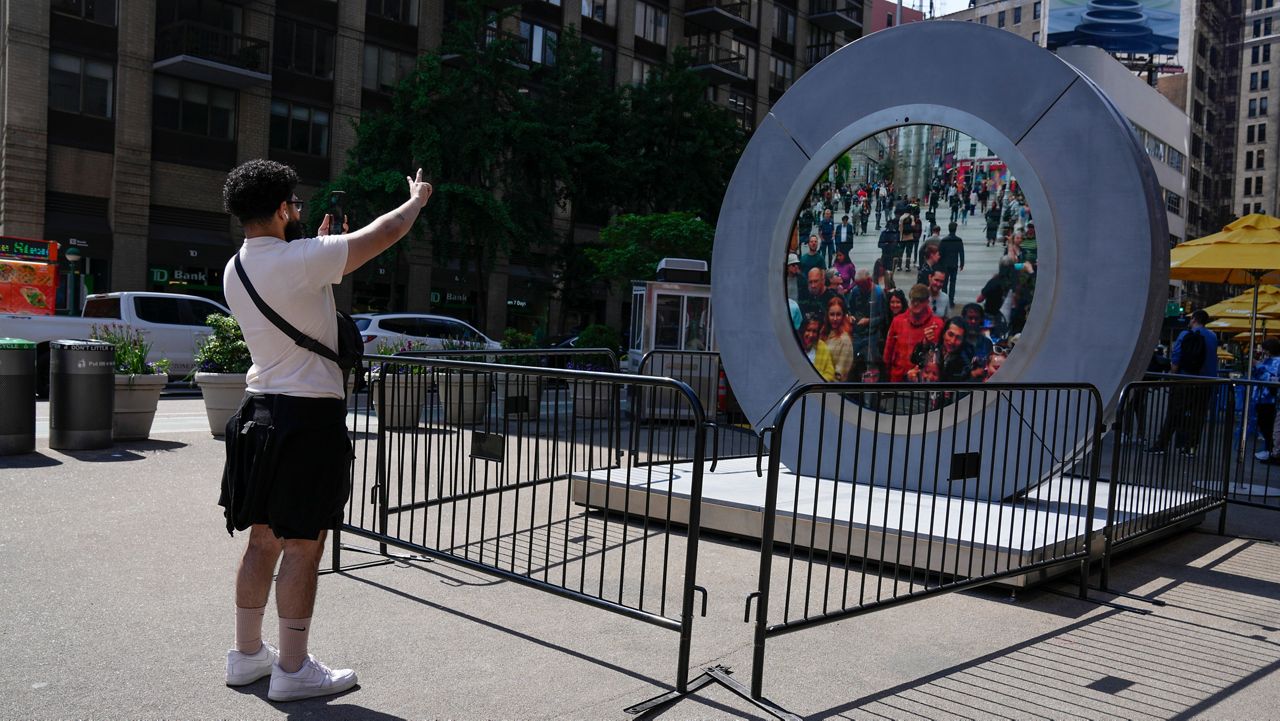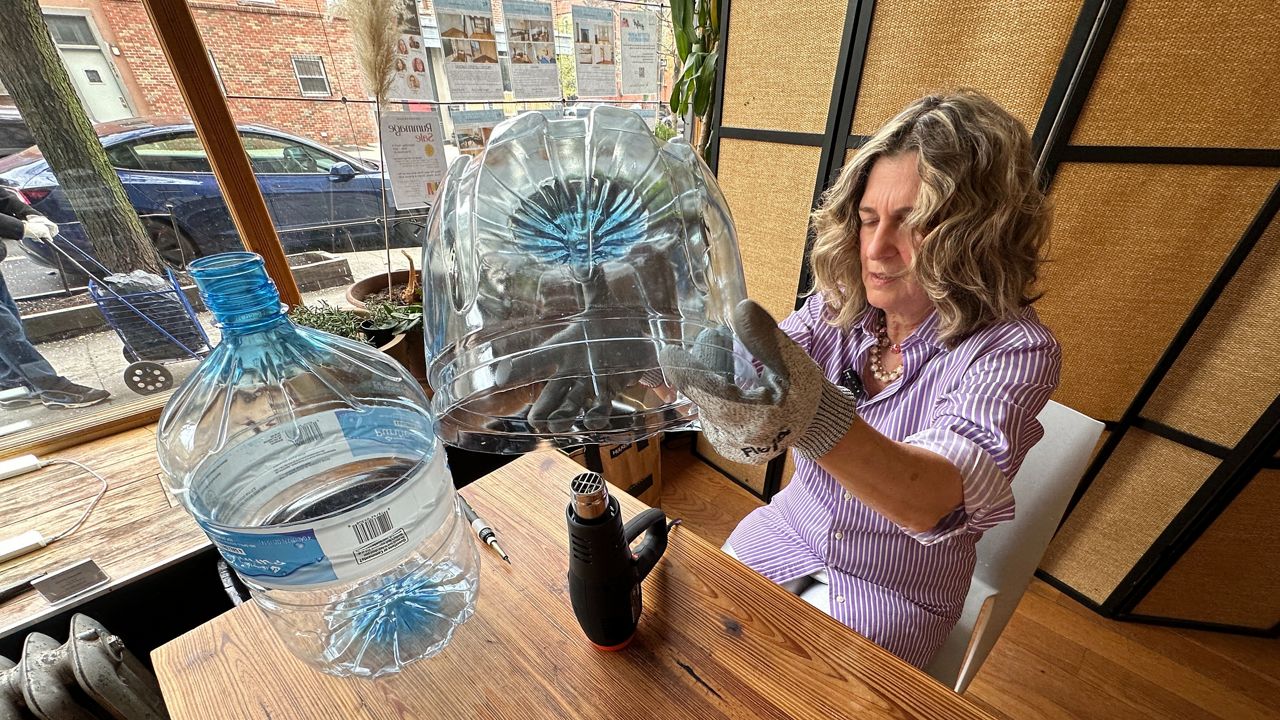Tax preparer Frank Lin and his five employees were gearing up for the next 16-hour work day that is common during tax season.
On Sunday, however, Signature Bank threw him a curveball when he learned of the bank’s collapse, with his deposits still in the bank.
What You Need To Know
- New York regulators took possession of Signature Bank Sunday, fired its leaders and handed over operations to the federal government
- Some customers have been withdrawing money from their Signature Bank accounts
- The federal government has agreed to guarantee full deposits for customers
- This includes depositors who have more than $250,000 in their account
“I think things happened all of a sudden so I was trying to gather the [information] that I could online but everything was closed so it was a little hard,” Lin said.
He went to a Signature Bank location on Queens Boulevard in Forest Hills Monday morning to get more information about what was going on.
“I was expecting to wait outside in the cold with like 500 people who are yelling and screaming,” Lin said.
That’s not what happened. New York regulators took possession of Signature Bank Sunday, booting its leaders and handing over operations to the federal government, who agreed to guarantee full deposits — even those over the $250,000 threshold.
Lin was able to walk into the Signature Bank location and, after several hours, withdraw all of his money.
“Right now, it's owned by the government,” Lin said. “But obviously for my sake, I would still play it safer, to make sure that I do have access to my funds and that I am able to transfer it out.”
With his funds secured, Lin’s tax firm, Jet Tax Service, can continue uninterrupted and he can perform normal tasks, such as paying all five employees at the Flushing business.
Although Lin has severed all ties with Signature Bank after doing business with the bank for 13 years, he does not rule out doing business with the bank again in the future if they get their financial affairs in order.
Lin has also learned an important lesson: diversify your money.
“After something like this, don't have all your eggs in one basket,” Lin said. “Even investments that you have.”
For now, Lin and his workers are breathing a sigh of relief, with the knowledge that they can turn their focus back to the finances of their customers.
“I feel better,” Lin said. “It's not over yet but I do feel better about it.”









